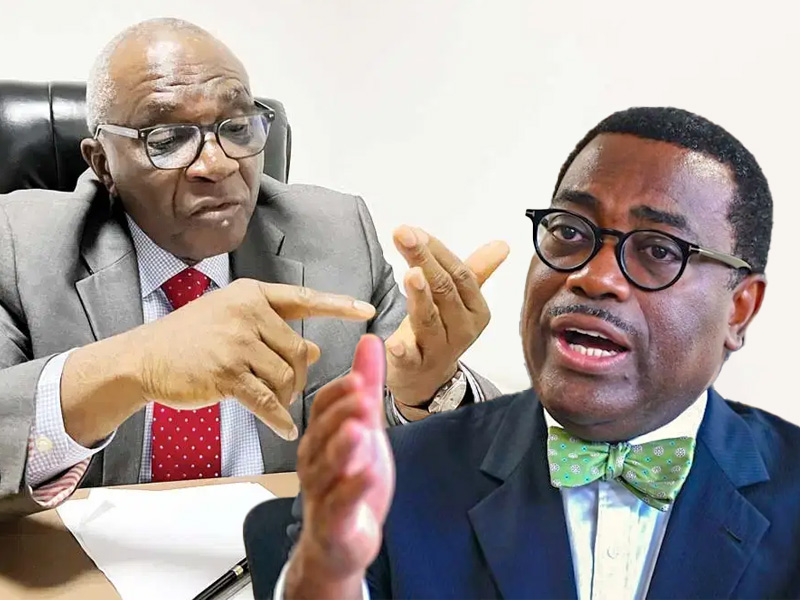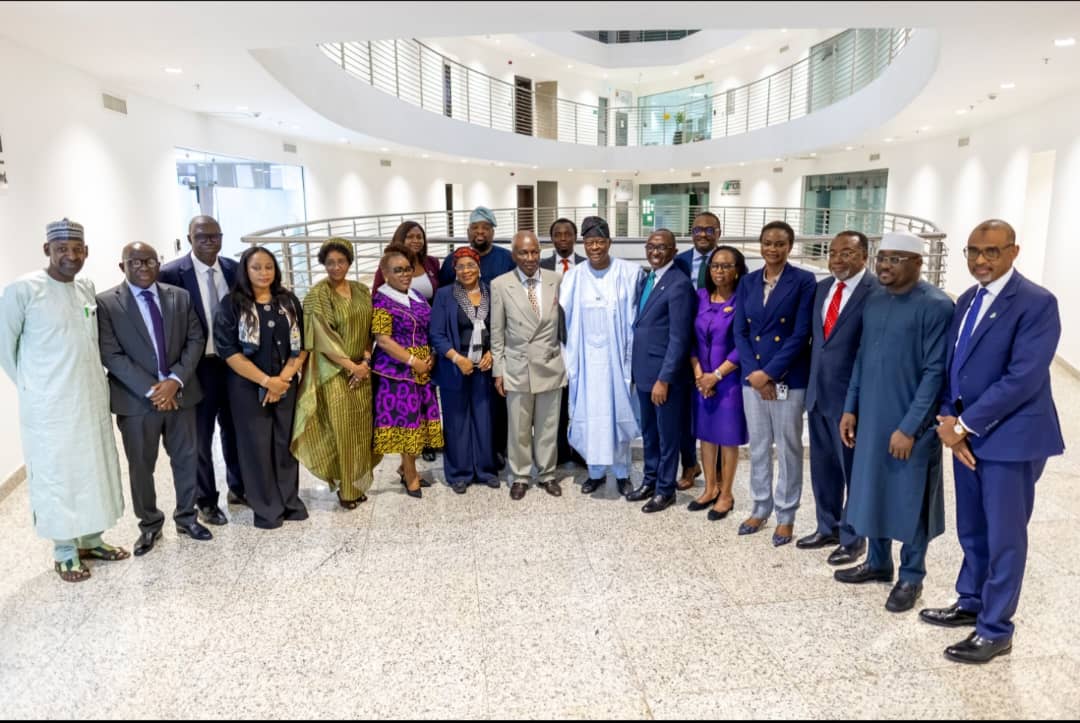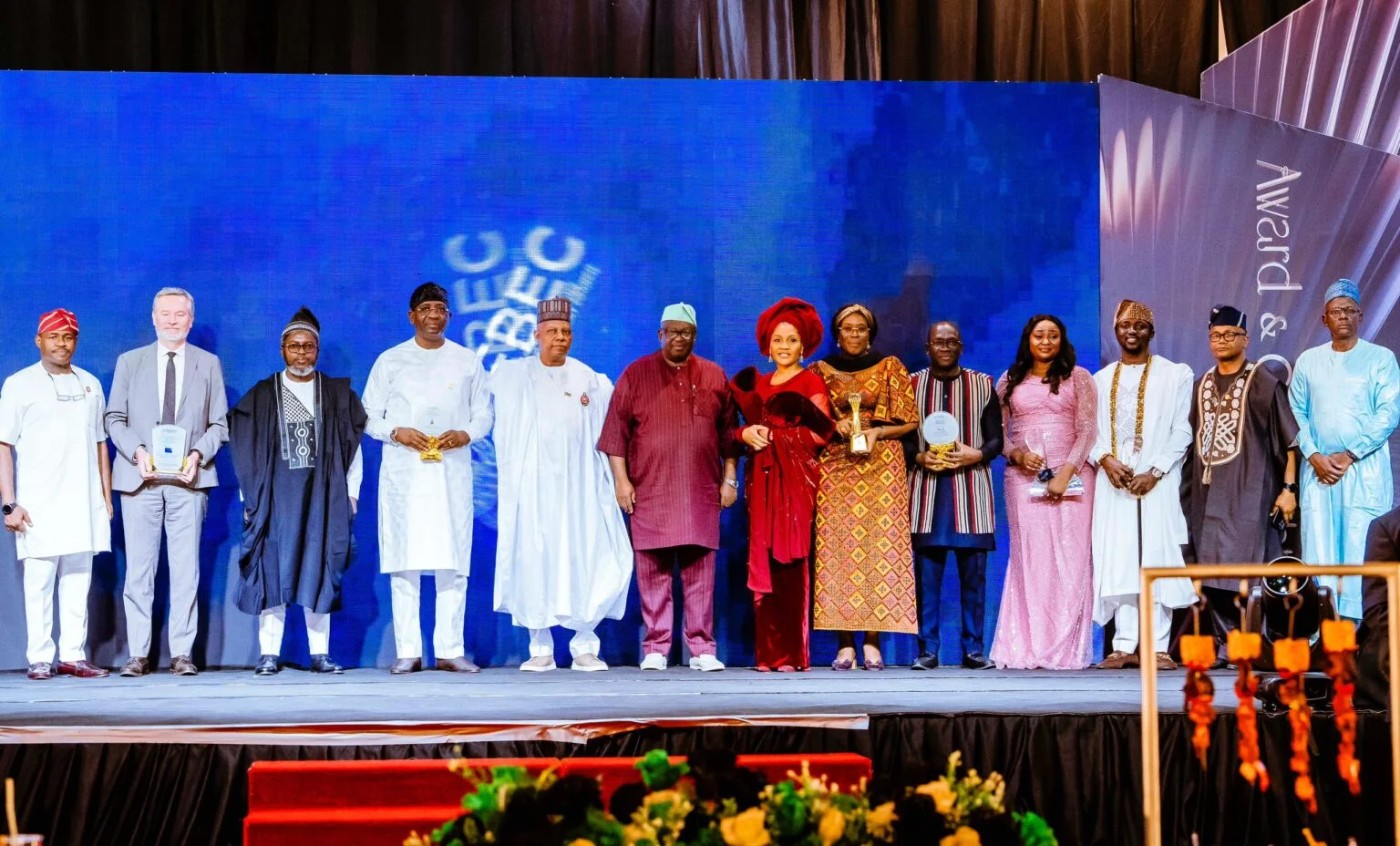The Independent Media and Policy Initiative (IMPI) says Nigeria’s Gross Domestic Product (GDP) per capita at independence in 1960 was 93 dollars, not 1,847 dollars as claimed by Dr Akinwumi Adesina, President of the African Development Bank (AfDB).
In a statement on Monday, Dr Omoniyi Akinsiju, Chairman of the group, said Adesina’s claim, made during a recent keynote address at the 20th anniversary dinner of investment firm Chapel Hill Denham in Lagos, was a misrepresentation of facts.
“We have reviewed some of the submissions made by Adesina, and we found the foundation of the keynote address not only faulty but also uncharitable and seemingly a deliberate misrepresentation of facts and figures,” IMPI said.
According to the group, Adesina had argued that Nigeria’s current GDP per capita of 824 dollars was significantly lower than the alleged 1,847 dollars in 1960, implying that Nigerians were better off economically at independence.
IMPI rejected this comparison, describing it as “an ill-motivated manoeuvre at revisionism” and a “propagation of conjured-up figures” aimed at eroding public confidence in the Nigerian government.
“The truth of the matter is that Nigeria’s GDP per capita at independence in 1960 was not anywhere near 1,847 dollars; rather, it was 93 dollars,” the group stated.
The group also cited data that placed Nigeria’s population in 1960 at about 45.1 million and GDP at 4.2 billion dollars.
IMPI insisted that such a figure should not be used as a basis for comparing economic eras.
The policy group accused Adesina of exploiting base sentiments and projecting narratives shaped by the global north’s generalisations about developing countries.
While acknowledging Nigeria’s economic difficulties, IMPI emphasised that ongoing reforms by President Bola Tinubu’s administration were critical for long-term economic transformation.
“We consider Adesina’s presentation more of a freestyle generalisation and an unbalanced portrayal of Nigeria’s current economic reality,” the group said.
It highlighted signs of progress, including diversification in key sectors such as oil and gas, solid minerals, and agriculture, as well as a rebound in industrial profitability under the current administration.
IMPI urged critics and economic analysts to take a more truthful and nationalistic view of Nigeria’s economy, and to support reforms aimed at building a resilient and sustainable economic legacy.
“Of course, there is much to be done, but we are persuaded about the seriousness and appropriateness of the current policies being implemented,” the group said. (NAN)





